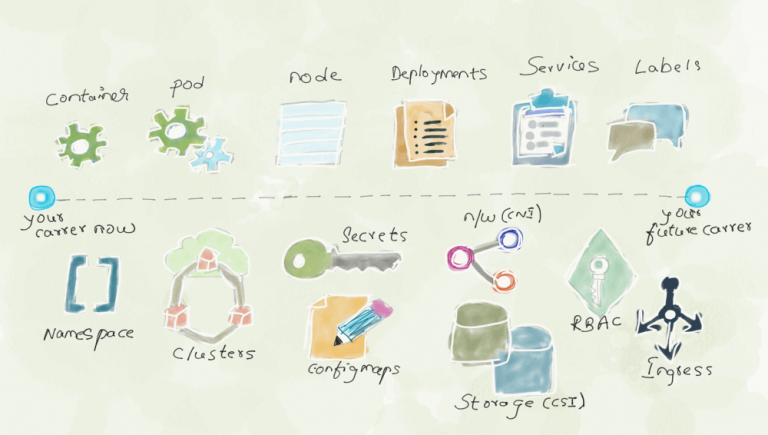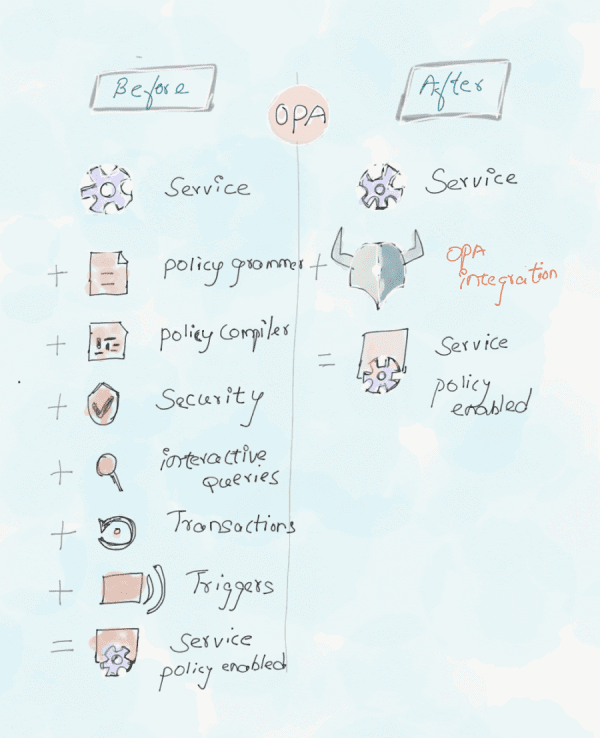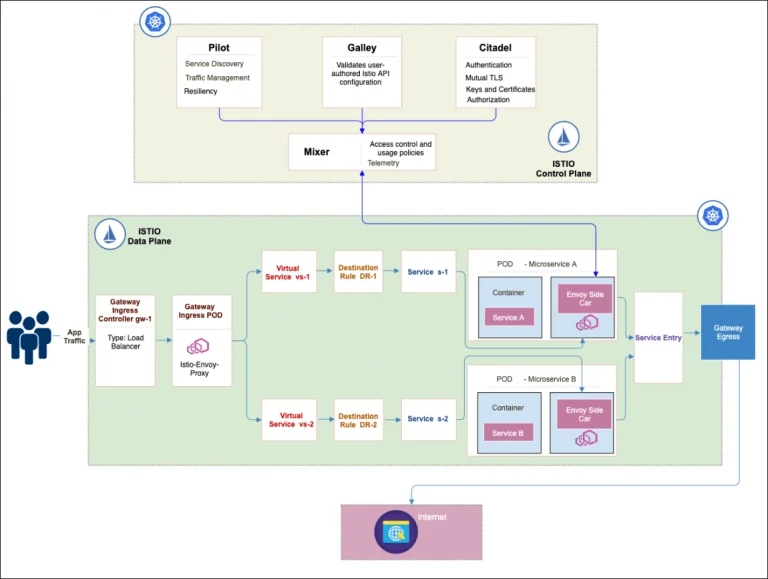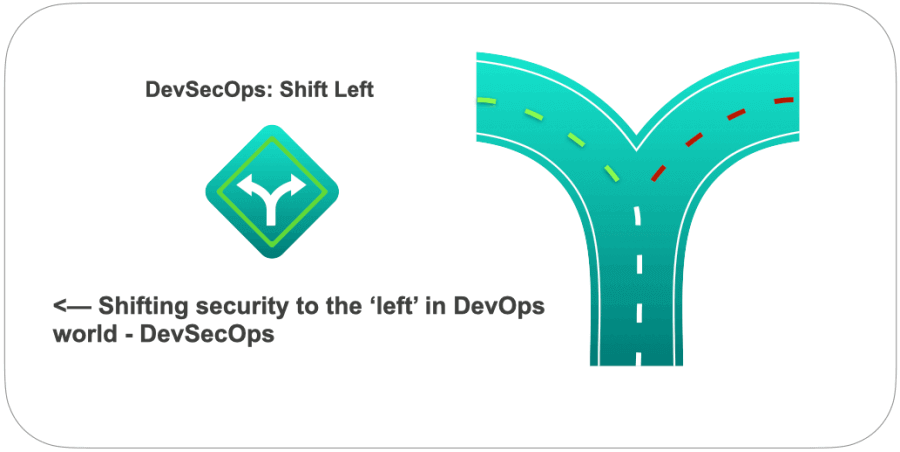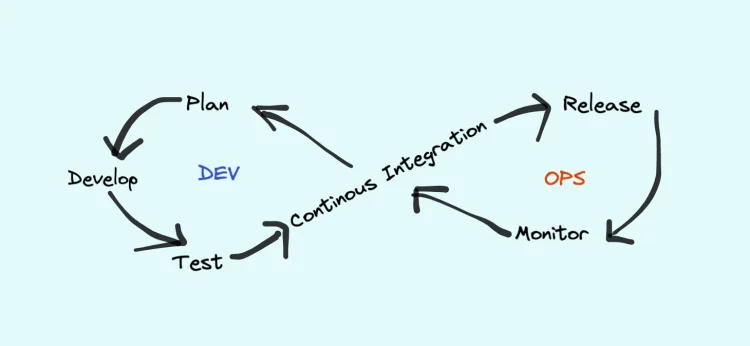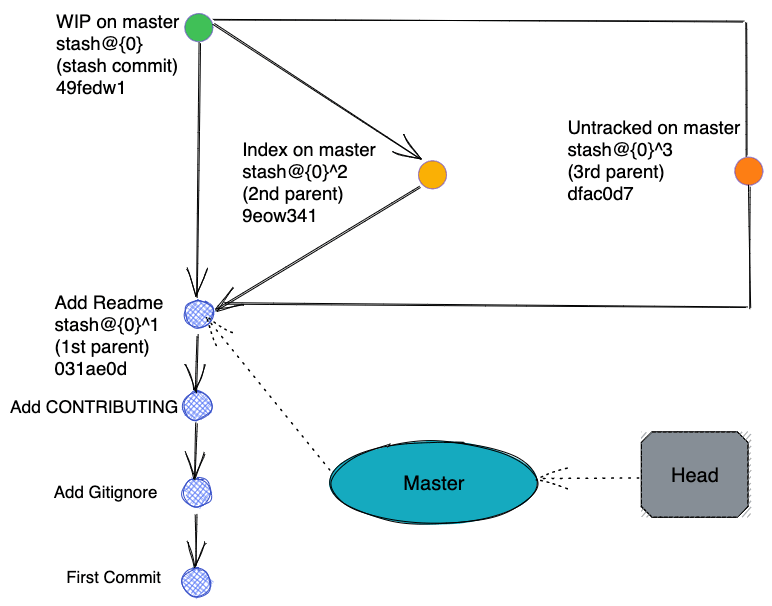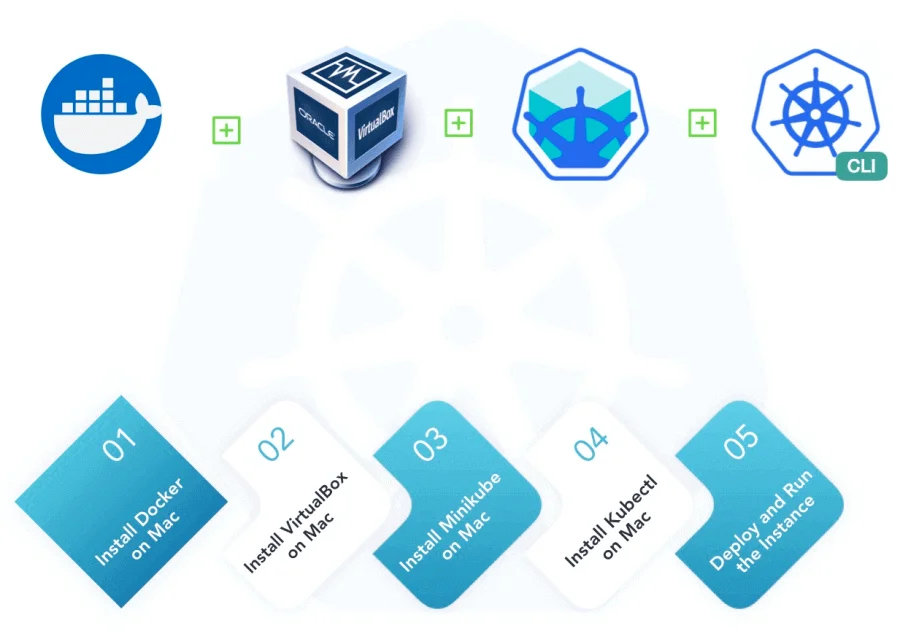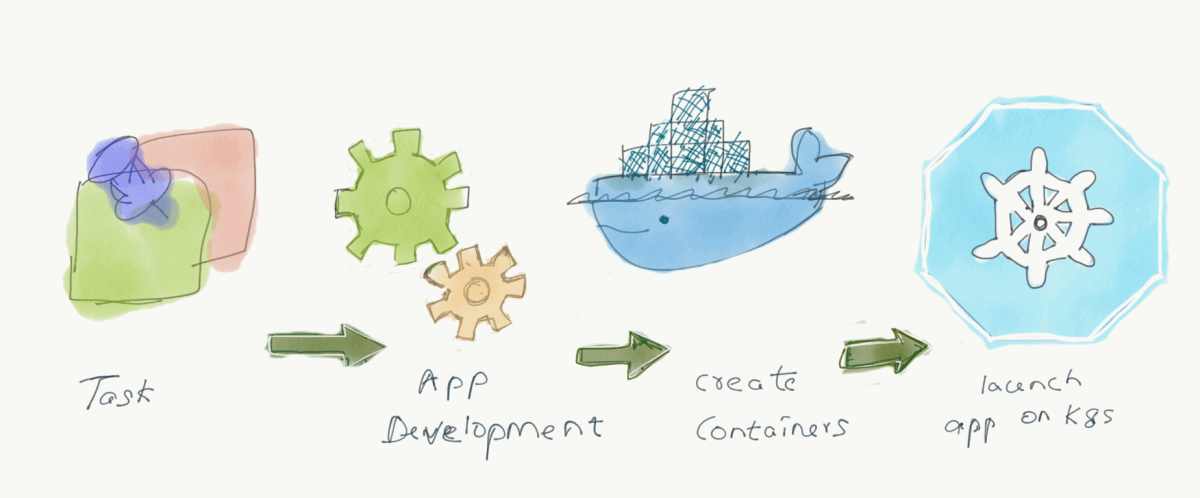Popular Posts
Kubernetes Learning Path
Raghunathan
Today Kubernetes is present in all major clouds (Google cloud, AWS, Azure, etc…) as a fully managed service, serverless at ...
Integrating Open Policy Agent (OPA) With Kubernetes
Raghunathan
Open policy agent (OPA, pronounced “oh-pa”) is a tool that provides a unified framework and language for declaring, implementing, and ...
Istio architecture explained
Raghunathan
Istio Architecture: Istio service mesh commonly comprises of two planes: a control plane and data plane The data plane is ...
Latest Posts
DevOps
What do you mean by shift left in DevOps?
Summary: The DevOps movement has evolved the way on how the organization operates and DevSecOps a new practice came along quickly by shifting security a lot to the “Left” most ...
DevOps
What is DevOps? explained in layman terms – Part 1
DevOps is no longer a buzzword. It has evolved big time since many of us thought it was just a catchy word in recent times. In layman terms, DevOps is ...
DevOps
What is git stash?
Git is currently an essential tool for any programmer now. It is an open-source distributed version control developed by Linus Torvalds to help manage Linux kernel development. It can efficiently ...
Kubernetes
How to Install a Local Kubernetes Cluster with Minikube
Installing a cluster in the cloud is very easy, because almost every cloud provider has its own solutions (Google GKE , Amazon EKS , Microsoft AKS). But installing a cluster ...
Kubernetes
What is Kubernetes in simple words? Why use it?
What does Kubernetes do: Kubernetes is a platform for managing multiple containers running across multiple hosts. Like containers, it is designed to run anywhere, including on-prem, private, public cloud, and ...
